Giving fans more of the same is often a sign that a film franchise has run out of ideas. However, when it comes to Downton Abbey, these rules do not apply. More of the same is exactly what’s required. The reassuring familiarity, the usual routines – Carson would most definitely approve.
Reviewed by Helen Tope
Following on from the 2019 film, where a Royal visit caused a stir above and below stairs, Downton Abbey: A New Era takes us into the 1930’s with news of an inheritance, and a proposition to keep Downton’s finances in the black.
Director Simon Curtis wisely begins with stunning views of the house: Highclere Castle has an indomitable presence on the screen, but the cosily opulent interiors are as welcoming as ever. However, appearances can be deceiving. A letter arrives from a film production company, asking for permission to feature Downton. The film industry, well into its silent era, is moving out of the studio and onto location. Film director Jack Barber (Hugh Dancy) pays a visit to the house, and presents Mary (Michelle Dockery) with a ballpark figure for the inconvenience of shooting at Downton. As Robert Grantham (Hugh Bonneville) dithers over the idea, Mary takes him up to the attic. Downton’s facade hides a roof badly in need of repair. The sum being proposed would more than cover the cost, with plenty left over.
What ensues is a subplot lifted straight from Singin’ in the Rain. The film production arrives at Downton, only to discover halfway through filming that the audience demand is for talkies. The production must halt, or find a way to bridge performance with sound. Its stars, Guy Dexter (a game Dominic West) and a glamorous starlet, Myrna Dalgleish (a scene-stealing performance from Laura Haddock) have to adapt, and quickly. Downton – its family and staff – are eager to help.
Meanwhile, Violet Grantham (Maggie Smith) has received notification of an inheritance. She has been gifted a palatial villa in the South of France, by a mysterious former friend who has recently died. His will bypasses his wife and son, giving the villa directly to Violet. Unsurprisingly, her family have questions. They travel to France to find out more, and what they uncover is truly unsettling.
Downton Abbey: A New Era has all the usual features in play. The sun-soaked scenes in France are gorgeously decadent; private beaches and high-octane parties. Julian Fellowes is careful to remind us that this is an era post-war, post-Spanish flu. This is pleasure hard won, and the characters are definitely having more fun second time around. The ‘putting-on-a-film’ plot may be derivative, but it gives secondary characters like Molesley (Kevin Doyle) a chance to shine, and it also presents another character with the possibility that happiness may lie beyond the walls of Downton.
The film’s strengths and weaknesses haven’t changed either. Downton is always the faint echo of its more illustrious cousin, Gosford Park, and Fellowes’ dialogue doesn’t help. Still a bit clunky, not nearly enough acerbic put-downs from Violet either. Downton always looks the part, but the finesse in the screenplay just isn’t there. Luckily, Fellowes has a superb cast who make the most of his words. The shifting of power within the household – and the ambivalence that comes with it – is brilliantly portrayed by Michelle Dockery’s Mary. We also see Barrow (Robert James-Collier) a few years into his role as Butler: His confidence in the job has grown, but his weighty, guarded quality remains. As Fellowes’ most personally-resonant character, Barrows gets his most poignant lines.
While Fellowes does manage to squeeze in some commentary about the time he’s writing in, Downton Abbey is always going to be about delivering that hit of nostalgia. This is pure cinematic escapism, and to demand much else from it would be pointless. This film may be set in the dying embers of the Jazz Age, but Fellowes tempers a sober, reflective state with the need to bathe in sunlight, dance and laugh. We know what is coming, but Downton insists on looking towards a better future.
In the cinema: Friday 13 – Thursday 19 May

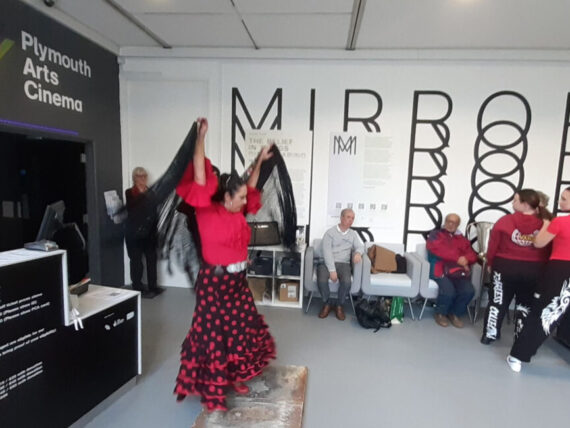
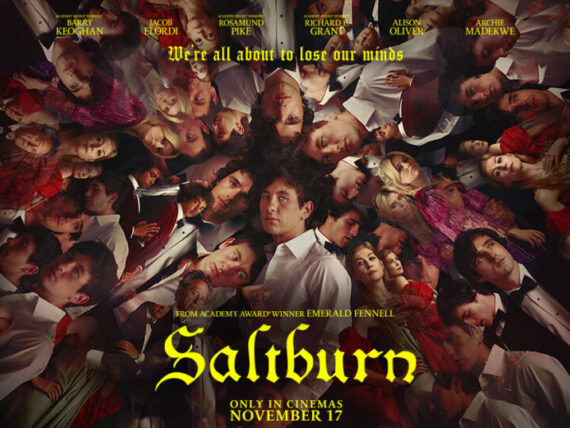


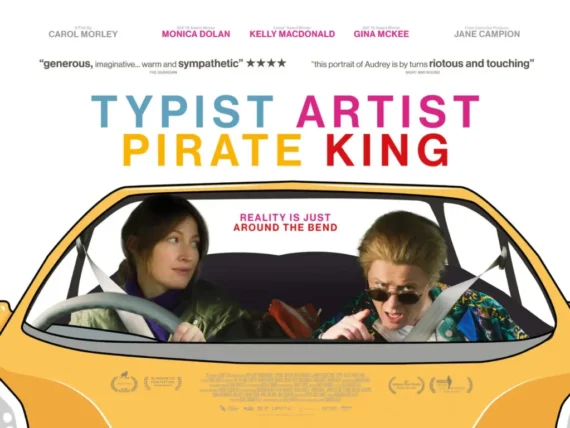
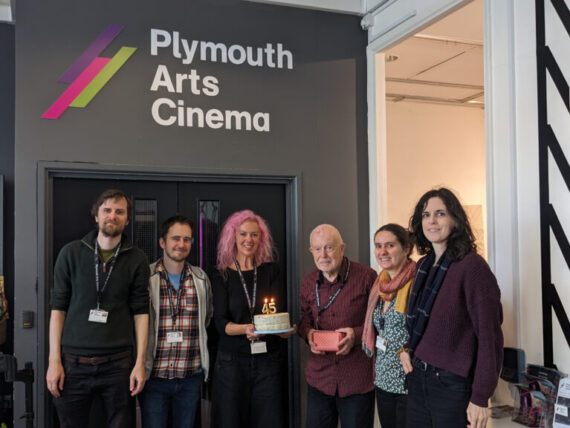
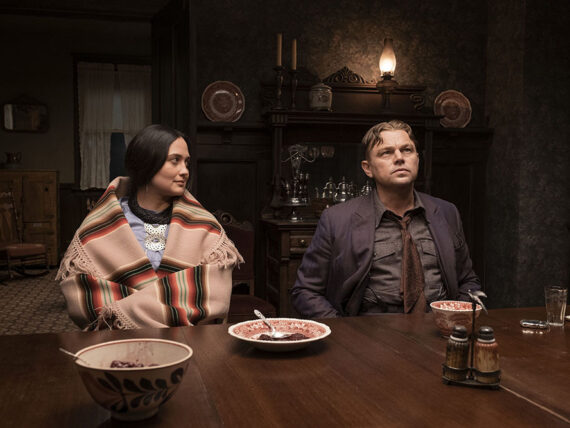
Comments
No comment yet.